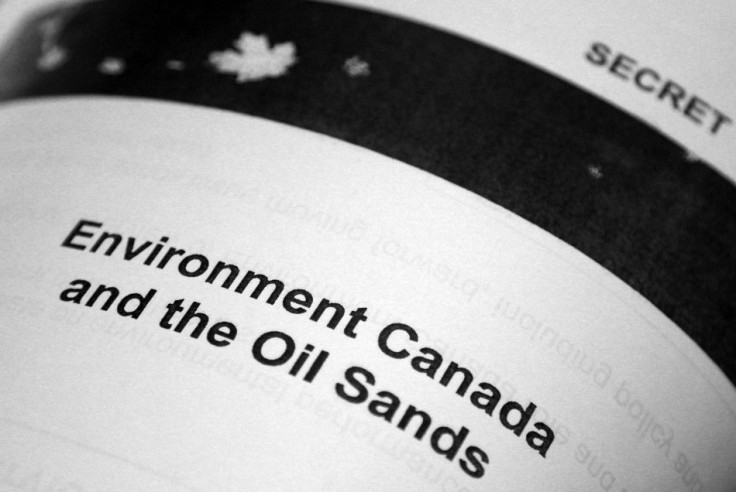Canada Will Not Meet 2020 Carbon Emissions Target – Audit Report

It is most certain that Canada will not be able to meet its 2020 carbon emission target, an audit report by its Parliament's environmental watchdog said. The culprit is the government's own failure to regulate the country's flourishing oil and gas sector.
Julie Gelfand, Environment Commissioner, even specifically noted in her report that Canada really has no plans to deliver on its commitment to reduce its greenhouse gas emissions. Simply because its actions do not match its words.
While commending of the government's role to put regulations for coal-fired plants, as well as parameters for the automotive and transportation sector, these prove useless, Gelfand said, because performance standard checks will only take effect in July 2015. Moreover, "they only apply to new plants or to existing plants when they reach the end of their useful life."
Canada had earlier committed to slash by 17 percent its carbon emissions from the 2005 levels, purposely to match that of the United States' target in order to come out with a coordinated continental approach towards environmental clean-up. But Environment Canada said this won't be happening.
Using its own agency's data, Gelfand said that Canada's greenhouse gas production in the oil and gas sector, by the time the year 2020 arrives, will be a whopping 27 megatonnes higher compared from 2012.
"I think when you make a commitment, you need to keep it," Gelfand said. "It's very difficult for us in Canada to expect other countries to meet their commitments when Canada can't meet its own."
The report further noted that Gelfand's predecessor, as early as 2012, already saw it coming of Canada's failure to keep its word. "Two years later, the evidence is stronger that growth in emissions will not be reversed in time and that the target will be missed," the report said.
The report scathingly pointed out that an overall plan as to how Canada plans to achieve its target has yet to be established by the federal government. Gelfand added even Canadians haven't been informed "which regulations will be developed, when nor what greenhouse gas reductions will be expected."





















